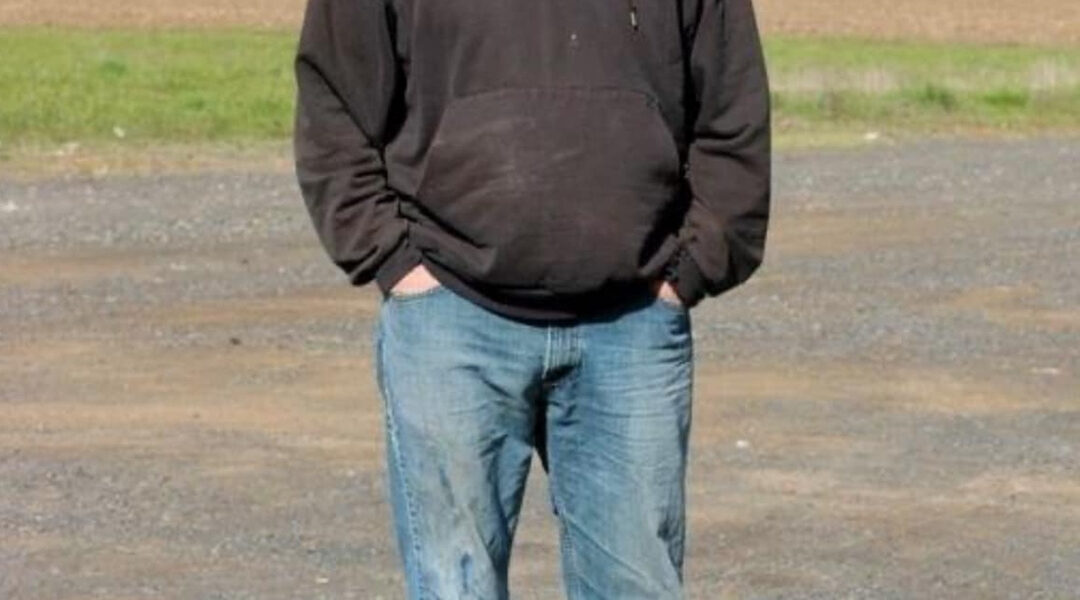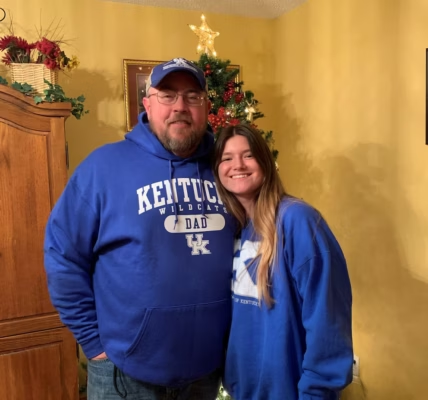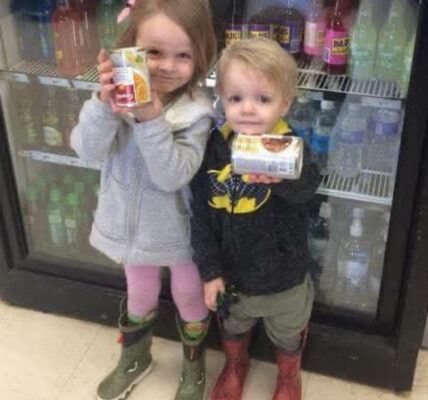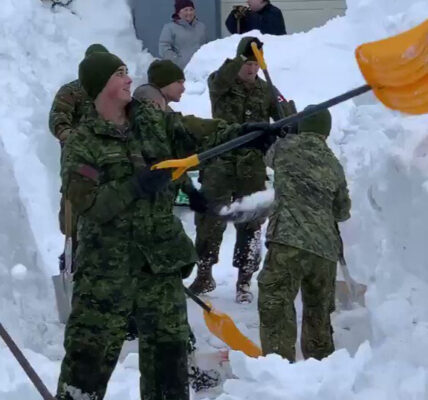
I must have been about eight years old, still small enough that the steering wheel looked impossibly big in my hands, when my dad decided it was time for me to learn something most kids wouldn’t touch until years later.
We were riding together on a gravel road, the kind where dust clings to the back of your throat and the crunch of tires echoes in the quiet. It was just another ordinary day, or so I thought. My dad had one hand steady on the wheel, the other resting near the shifter. I sat beside him, legs swinging just short of the floorboards, watching every movement. Without even realizing it, I started copying him—pressing my feet up and down in rhythm with his on the gas and brake, pretending I was the one driving.
Then something unexpected happened. He slowed the truck to a stop, looked over at me, and said words that took my breath away:
“Scoot over. You’re driving.”
At first, I thought he was joking. Eight years old and nowhere near ready for something like this. But my dad wasn’t smiling. He meant it.
I hesitated, heart pounding so loud it felt like it filled the cab. Then, with a mix of nerves and excitement, I slid over. Dad stepped out, walked around, and climbed into the passenger seat as if it were the most natural thing in the world. His calmness steadied me.
My small hands gripped the wheel so tight my knuckles turned white. I stretched my foot down to the pedal, barely reaching, and pressed gently. The truck jerked forward, then smoothed out. For a moment, I couldn’t believe it—I was really driving. The gravel popped beneath the tires, and the world outside seemed sharper, more alive, because I was the one guiding us forward.
Dad didn’t hover, didn’t lecture. He sat there, watching, giving me the kind of trust that made me believe I could do it. The farther we went, the more my confidence grew. Mile after mile, I felt like I had stepped into a new part of life, one where responsibility wasn’t just something adults talked about—it was something I could carry myself.
When we finally turned toward home, the driveway came up faster than I expected. Dad suddenly hollered, “Slow down! Slow down!” Startled, I stomped the brake pedal with all my might. The truck screeched, tires sliding across the gravel until we jolted to a stop right at the mouth of the driveway. My heart was racing; I thought for sure I’d messed up.
But Dad just laughed, the kind of laugh that carried pride as much as amusement. “Now turn real slow,” he said. I eased the wheel, inching us forward, and to my relief, we rolled safely into the driveway.
That day marked a turning point. From then on, I wasn’t just the kid tagging along—I was the one trusted to drive the tractor, especially when we picked rocks in the fields. I learned how to crawl forward steady and slow so others could do their work. Before long, the idea of driving no longer scared me. By the time I was old enough to get my license, it felt like no big deal. I’d been driving for years already.
But of course, my dad’s lesson wasn’t really about driving. It was about something far deeper—about what it means to take control, to be responsible, and to understand that life, much like farming, doesn’t wait for you to be ready.
On a farm, there are no sick days. You don’t get to call a co-worker to cover your shift. If water needs changing at 6 a.m., you’re out there, half-asleep or not. If the tractor breaks down, you figure out how to fix it because no one else is going to do it for you. There’s always something—an endless list of chores, problems, and responsibilities that demand your attention whether you feel like it or not.
At first, those demands can feel overwhelming. But over time, they shape you. They make you tougher, steadier, more determined. Farming doesn’t just teach you to work—it teaches you to endure. To keep going on days when your body aches, when the weather works against you, when nothing seems to come easy.
That’s what my dad was passing down to me on that gravel road. He wanted me to know that life wouldn’t hand me comfort or convenience. It would hand me opportunities to rise up, to take hold of the wheel, and to steer even when I felt small or unprepared.
And isn’t that the way it works? We never really feel ready for the biggest challenges. But when someone believes in us—when someone says, “Scoot over, you’re driving”—we find out we’re capable of more than we imagined.
Even now, years later, I think back to that moment whenever life feels too heavy. I remember my dad’s calm presence, his faith in me, and the lesson that responsibility isn’t something to fear. It’s something that strengthens you, if you’re willing to embrace it.
I didn’t just learn how to drive that day. I learned how to live.
Because whether it’s steering a truck down a gravel road, guiding a tractor across a field, or navigating the unpredictable turns of life itself—once you’ve taken the wheel, you realize the same truth my dad knew all along: strong people aren’t born. They’re made, one challenge, one responsibility, one long gravel road at a time.




